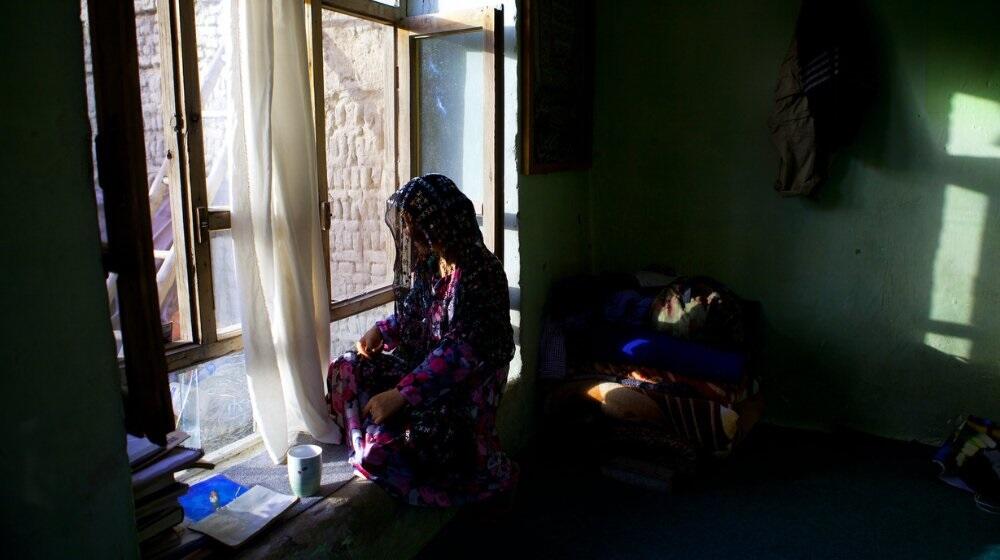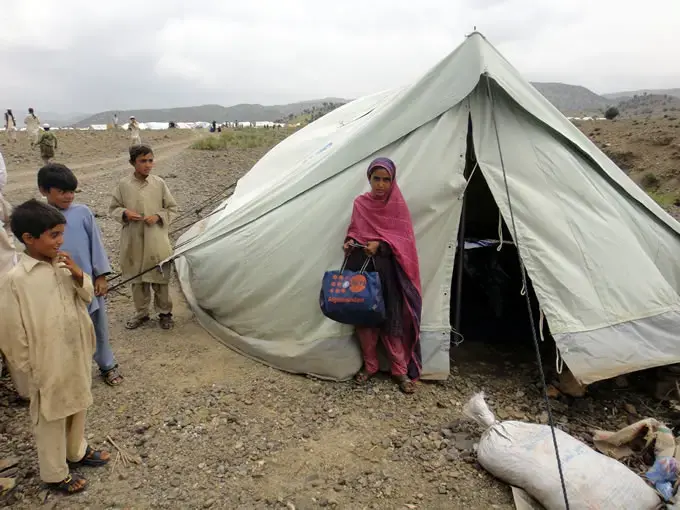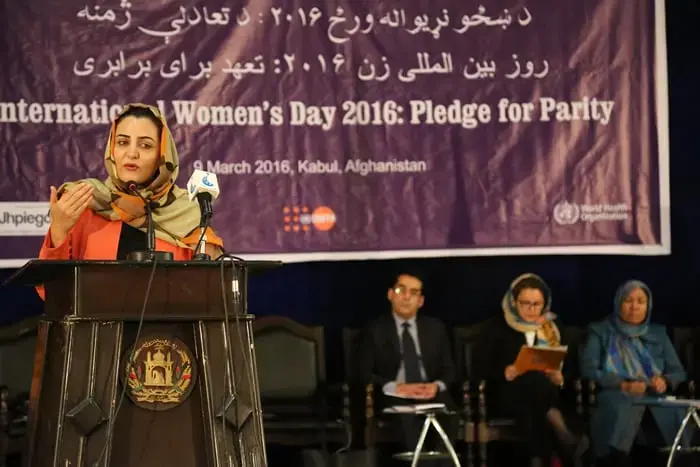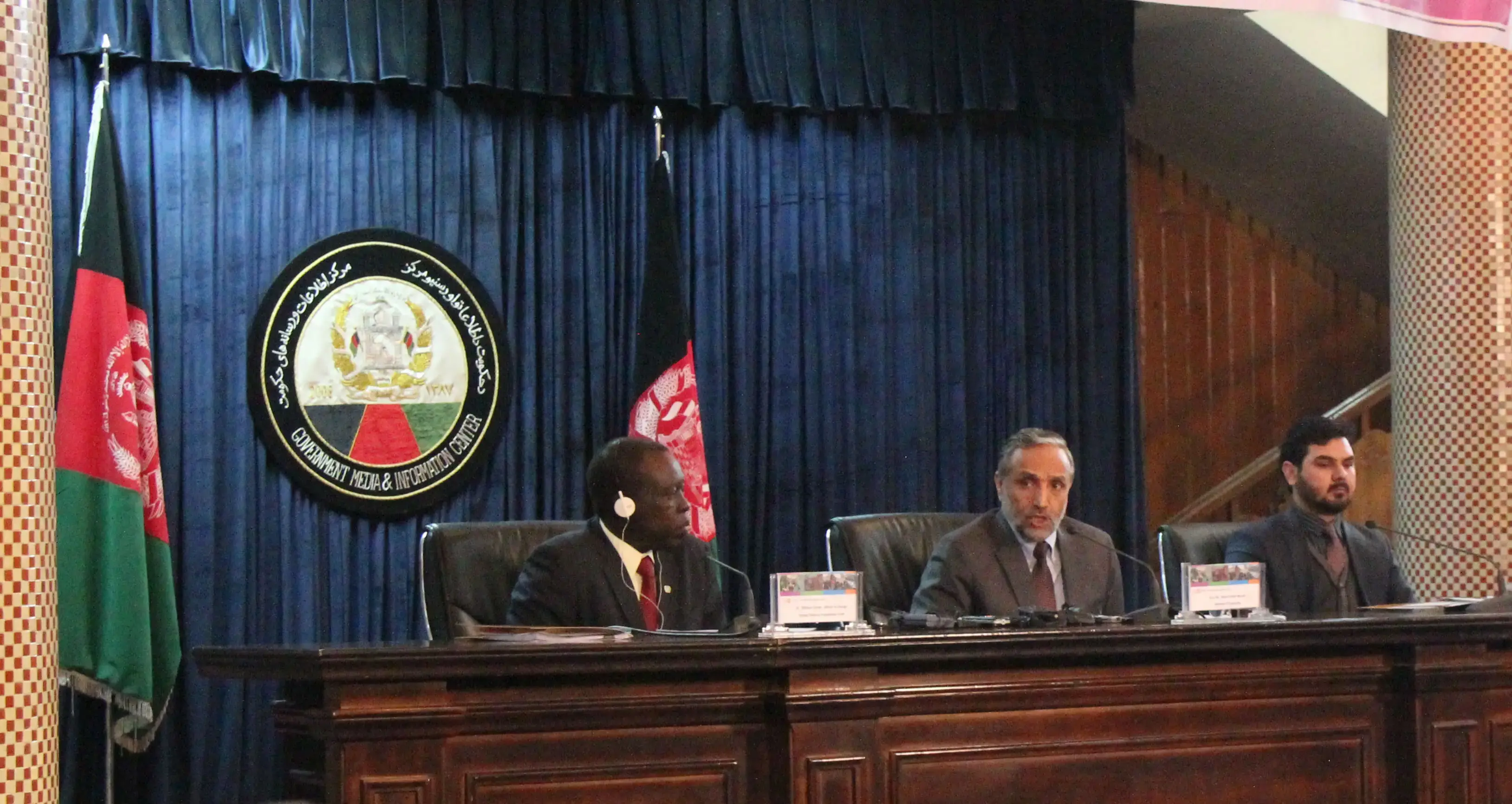One year since the Taliban took power in Afghanistan, the country remains in the throes of a deep economic and humanitarian crisis. Soaring food and fuel prices – exacerbated by a drought and the war in Ukraine – have resulted in an estimated 95 percent of the population, and nearly all female-headed households, not having enough to eat.
Afghan women and girls have seen the continuous erosion of their rights. Girls have been excluded from secondary schools, a move that violates their fundamental right to education, denies them the opportunity to realize their full potential and is disastrous for the economic development of the country. It also puts girls at increased risk of early marriage, early pregnancy, violence, and abuse. Women’s rights to work and to participate fully in other aspects of public life have also been severely restricted.
The breakdown of the health system has compromised women and girls’ access to reproductive health services, including maternal health care, particularly for the more than 9 million people living in remote areas of the country. For the estimated 24,000 women who give birth each month in hard-to-reach areas, childbirth can, in effect, be a death sentence. Vital services for survivors of gender-based violence are also limited following the dissolution of dedicated reporting pathways, justice mechanisms and shelters, with potentially fatal consequences.
Despite the challenges, including shortfalls in funding, UNFPA has increased its presence across the country and is working with our national partners to scale up the provision of sexual and reproductive health services for women, by women, including in remote areas. In the past 12 months, we reached more than 4.3 million people with lifesaving reproductive health services and psychosocial support through our family health houses, mobile and static clinics, and mobile health teams. We have distributed essential medicines and supplies to hospitals to ensure safe births, and menstrual hygiene supplies to hundreds of thousands of women and girls. As winter approaches – and as needs continue to rise – we are already providing cooking utensils and blankets to those in need. We stand ready to do more.
As the world faces multiple, overlapping crises, we must not forget the women and girls of Afghanistan. When women’s and girls’ basic rights are denied, we are all diminished. We must work together, united in our common and firm belief, that there can be no durable peace, recovery or stability for Afghanistan unless women’s and girls’ basic human rights to education, to participate in public life and to access services vital to their health, dignity and well-being, are respected and protected.





